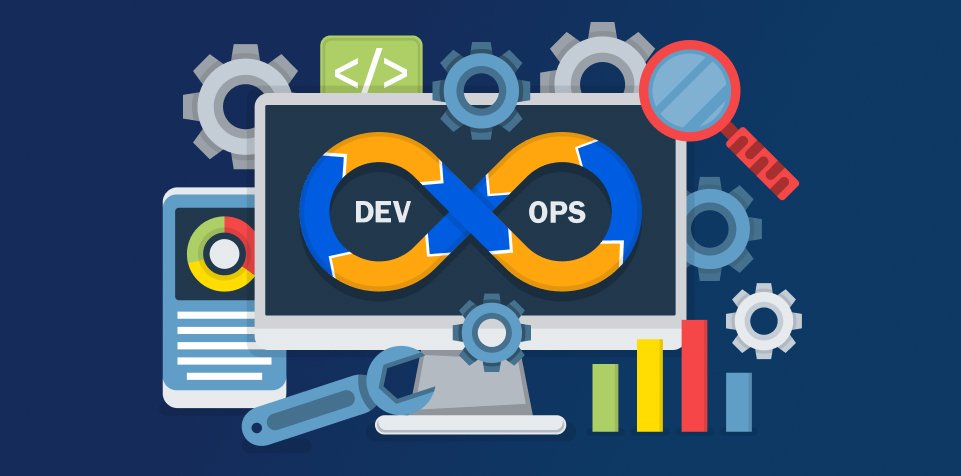What Exactly Is DevOps Anyway
Remember a few years back, how did big tech companies like Facebook manage to release new features so fast? It all comes down to a special kind of role, something called DevOps. But what exactly is that?
Well, let’s go back a bit. Not long ago, in a typical software company, you mainly had two types of people. First, there were the developers. These are the folks who write code, build applications, and generally bring software to life. They’re the ones making all those apps you use every day. Their job is to create the application.
Then, once an application was built, it needed to be put out there for people to use, which is called deploying. This job fell to a different group of people, the operations team. They weren’t as focused on coding; their main goal was to get the application running smoothly for customers.
The Big Problem With Old Ways
So, you had developers who were super technical, often working on their own machines, and operations folks who handled deployment but maybe weren’t as deep into the technical side. This created a bit of a wall. Developers would finish their work, pass it to operations, and sometimes it just wouldn’t work right. Then it went back to the developers, and this back-and-forth could take a long, long time. An application might be ready, but getting it to customers took ages.
In today’s fast-paced world, that’s just not good enough. Even if you have the best developers building amazing software, it doesn’t matter much if it takes forever to get to the users or if bugs aren’t fixed quickly. The real value of a great product comes when it reaches the customer fast.
Enter the DevOps Engineer
To fix this slow-down and make things smoother, a new kind of role emerged, a sort of hybrid. This is where the DevOps engineer comes in. Think of them as someone who knows a bit about both development and operations. They bridge the gap between these two worlds.
A good DevOps engineer in a top company focuses on getting applications out to production—meaning, to the users—super fast. They do this by using concepts like continuous integration and continuous deployment, and they’re experts in tools like Docker and Kubernetes, which help with deploying applications efficiently. Automating configuration and getting developed features into action is largely what a DevOps engineer does.
Thinking About a DevOps Career
Now, you might be thinking, “Okay, I get it, DevOps is a big deal and pays well, but do I need to be a super-techy coding genius to get into it?” And the fun part is, no, you don’t need to be as programming-heavy as a typical developer.
In fact, many people who become great DevOps engineers don’t even have a computer science background. If you’re someone who doesn’t want to get into super-detailed programming but still wants to be part of the tech world, DevOps could be a fantastic career path for you.
DevOps and the Cloud What’s the Connection
Whenever you hear about DevOps, another term almost always pops up: cloud. Why is that?
Simply put, to run any application today, you need three main things:
- Computation power to actually do the work.
- Storage to save data.
- A network to connect everything.
When you run an application not on your own computer, but on someone else’s machine remotely, that “someone else’s machine” is essentially the cloud. For example, when you use a service like Amazon Web Services (AWS) or Google Cloud, you’re asking them to let you run your applications on their machines remotely. That’s the cloud in a nutshell.
Today, almost every company, especially startups, finds it way too expensive and time-consuming to buy and maintain their own machines. So, nearly everyone is trying to run their applications on cloud providers. And because most modern production strategies and infrastructure run on the cloud, a big part of a DevOps engineer’s job involves working with cloud platforms. That’s why understanding the cloud is pretty essential if you want to be a great DevOps engineer in today’s world.
DevOps vs Developer vs Operations
| Role | Focus Area | Skills Required |
|---|---|---|
| Developer | Writing and building software | Coding, algorithms, software design |
| Operations | Deploying and maintaining software | System monitoring, networking, hardware |
| DevOps Engineer | Bridging development and deployment | Basic coding, automation, cloud knowledge |
Related Topics Worth Exploring






